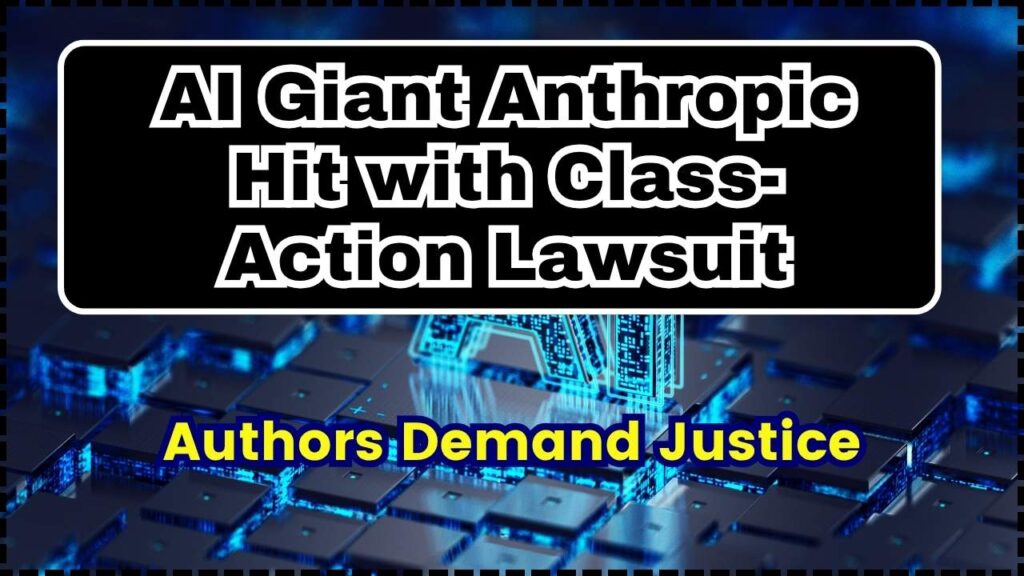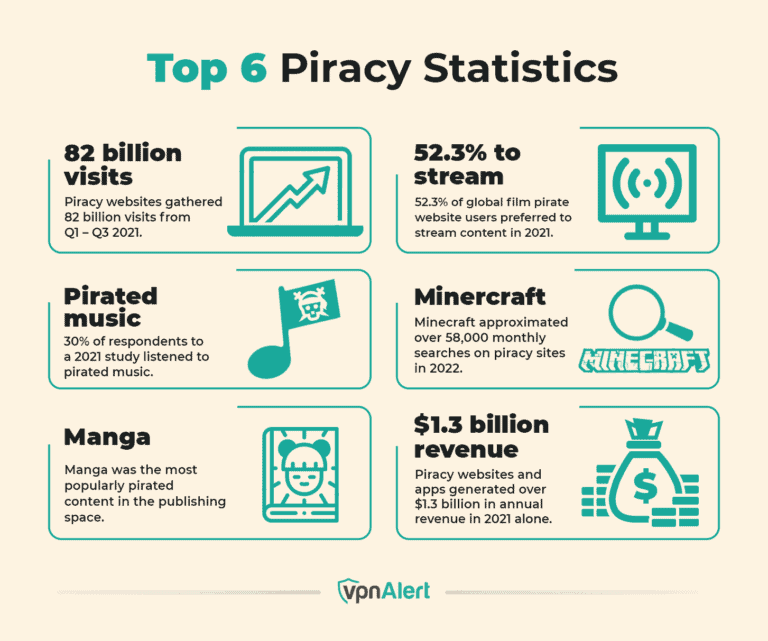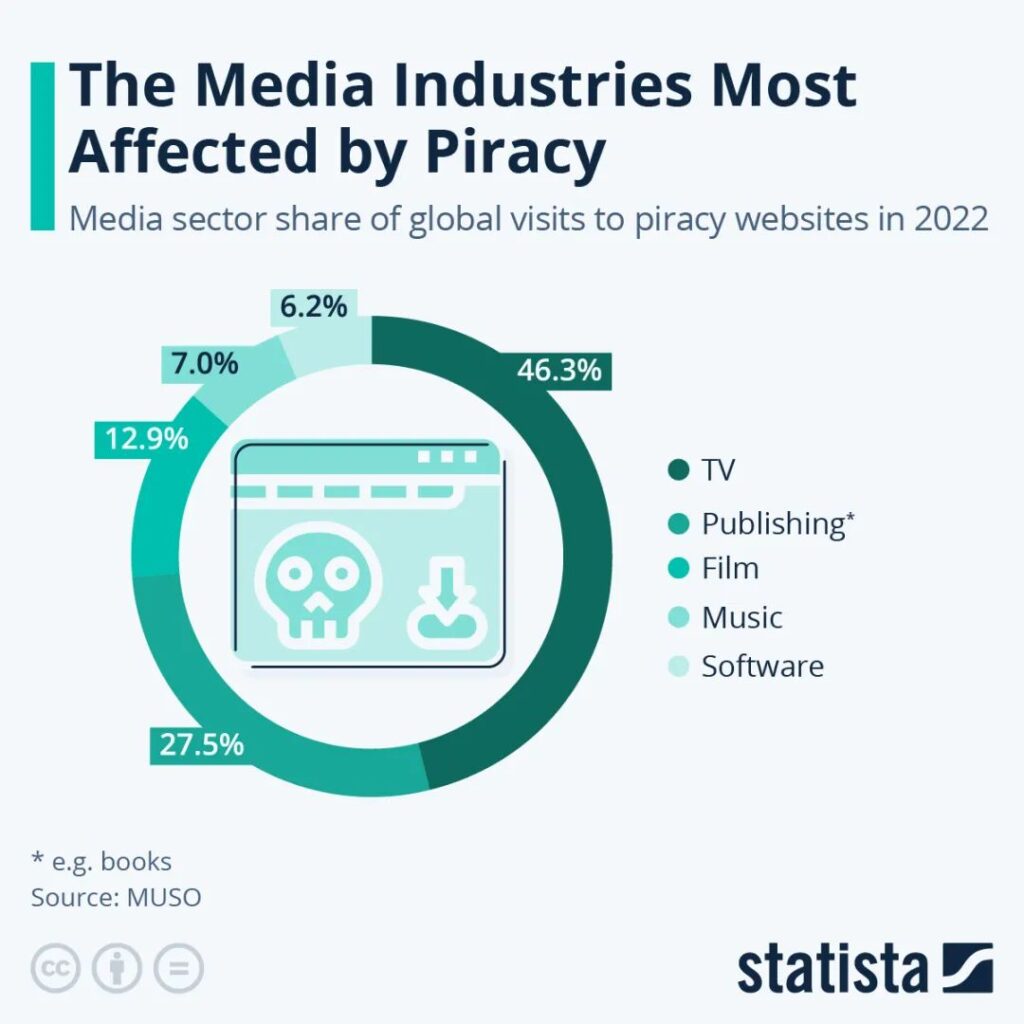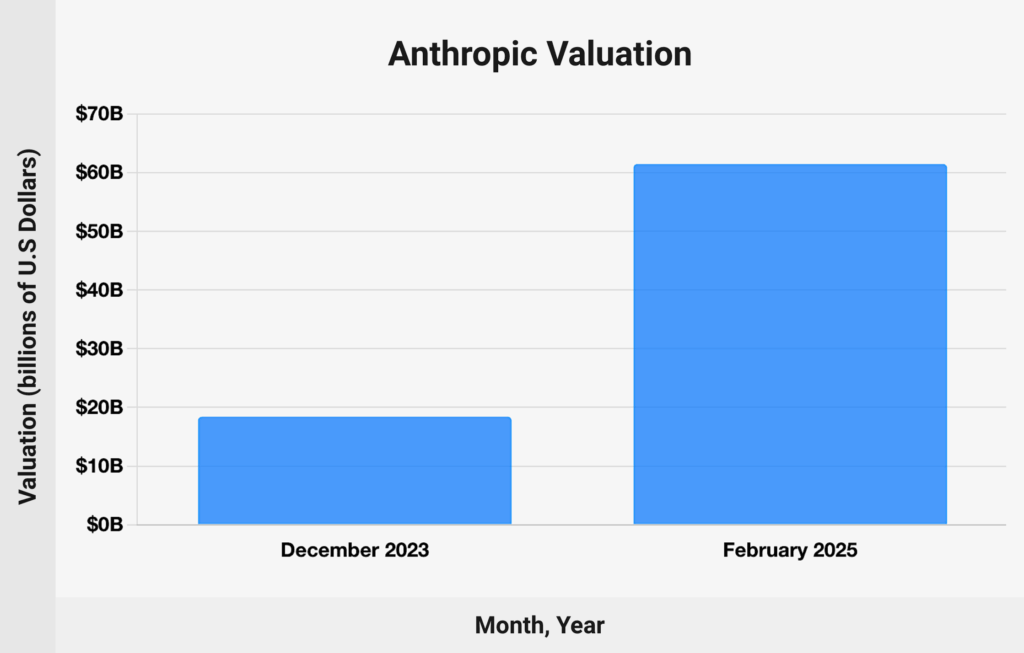AI Giant Anthropic Hit with Class-Action Lawsuit: In recent news, Anthropic, an AI startup backed by Amazon and Alphabet, is facing a class-action lawsuit brought by a group of authors. The lawsuit, filed in a California federal court, claims that the company unlawfully used pirated books to train its AI model, Claude. This marks a significant turning point in the ongoing battle over how AI companies can use copyrighted material. The lawsuit is gaining widespread attention, not just because of the piracy allegations, but also because it could set important precedents for the future of AI and copyright law. In the heart of this lawsuit are three authors: Andrea Bartz, Charles Graeber, and Kirk Wallace Johnson. These authors allege that Anthropic illegally downloaded up to 7 million books from pirate websites, such as LibGen and PiLiMi, between 2021 and 2022. The plaintiffs argue that this violated U.S. copyright laws and that they should be compensated for the unauthorized use of their works.
This case is part of a broader wave of litigation that has been sweeping through the tech industry. It reflects growing concerns about AI’s reliance on copyrighted materials and how such content is being used without permission. The issue has sparked debates across the tech community, legal circles, and among content creators. How this case progresses could have far-reaching implications for the AI industry and its future interactions with copyright law.
AI Giant Anthropic Hit with Class-Action Lawsuit
The Anthropic class-action lawsuit is not just about piracy; it’s a landmark case that could redefine the relationship between AI technology and copyright law. It highlights the growing importance of ethical data sourcing in the AI industry and sets the stage for future legal battles over AI’s use of copyrighted material. As we watch the outcome of this case, it’s crucial for AI developers, content creators, and consumers alike to stay informed about the changing landscape of AI law and copyright protections. The court’s decision could have lasting effects on how AI companies operate, and it might just help shape the future of digital content rights.

| Key Point | Detail |
|---|---|
| The Lawsuit | Authors Andrea Bartz, Charles Graeber, and Kirk Wallace Johnson are suing Anthropic over pirated books. |
| Claims | Allegations include illegal downloads from pirate websites like LibGen, violating U.S. copyright laws. |
| Books Affected | Up to 7 million books may have been used by Anthropic to train its AI model, Claude. |
| Legal Context | The case is about piracy, not fair use. The ruling could have broad implications for AI training practices. |
| Current Status | A federal judge has allowed the class-action lawsuit to proceed, giving the plaintiffs the green light. |
| Implications | The case could set a legal precedent for AI companies using copyrighted materials to train their models. |
| Where to Find More | Reuters |
What Is the Core of the Lawsuit?
At its core, the lawsuit revolves around copyright infringement. Authors have the right to control how their work is used, and that includes whether it is used for training artificial intelligence models. Anthropic, according to the authors, violated this right by downloading pirated books from websites like LibGen and PiLiMi. These websites are known for offering free access to books and academic articles, often without the permission of the authors or publishers.
The plaintiffs argue that this illegal activity was not just a mistake but a systematic approach to gather data for Anthropic’s Claude AI model. Claude, similar to other AI language models, is trained using vast amounts of text data to understand language and generate responses. However, the legal issue here is whether it’s acceptable to use pirated content as part of that training process. While many AI companies argue that fair use laws apply to their activities, this case specifically addresses the use of pirated materials, which are not protected under fair use.
Key Legal Takeaways
- Fair Use vs. Piracy: A judge recently ruled that AI models trained on legally purchased content might be protected under fair use laws. However, pirated content doesn’t have this protection.
- Scope of Copyright: This case emphasizes the need for clear guidelines about how copyrighted material can be used in AI training without violating the law.
- Impact on AI Industry: If the court rules in favor of the authors, it could set a precedent that may force AI companies to rethink their training methods and data sources.

Why Does This Matter?
For those in the AI industry, this lawsuit is a reminder that copyright laws are evolving to keep pace with technological advancements. AI developers and startups like Anthropic rely on large datasets to train their models. The controversy comes from where those datasets come from. Many companies use publicly available datasets, while others, like Anthropic, have allegedly used pirated content.
This case could shape how AI companies operate in the future. If the plaintiffs win, AI companies might need to ensure that their data sources are strictly legal, which could result in additional costs for obtaining and processing data. This case also highlights the tension between innovation and intellectual property rights in the modern digital age.

How Could AI Giant Anthropic Hit with Class-Action Lawsuit Case Affect You?
Whether you’re a tech professional, a content creator, or just someone interested in the future of AI, this lawsuit has potential consequences for many industries. Here’s how it could impact various groups:
- For AI Developers and Companies:
- This case underscores the importance of ensuring that data used for training AI models complies with copyright laws.
- AI developers may need to establish more stringent data collection practices to avoid future litigation.
- Companies may face increased costs and legal hurdles when sourcing data if this case leads to stricter copyright regulations.
- For Authors and Content Creators:
- The case is a reminder that copyright protections still matter, even in the digital age. Authors may find that their rights to control how their work is used could become more firmly enforced.
- It’s also an opportunity to highlight the potential value of licensing agreements with AI companies or other tech startups.
- Authors might explore new ways to license their works for AI training purposes while ensuring they retain control over how their intellectual property is used.
- For Tech Consumers and AI Users:
- AI users might face changes in the models they interact with. As companies adopt more ethical practices in sourcing training data, the quality and functionality of AI models might improve.
- The broader AI industry could shift towards transparency, offering consumers more insight into how their data is being used.
- If the lawsuit shifts the industry towards more legal datasets, consumers may see a rise in more accurate and reliable AI outputs.

AI, Copyright, and Fair Use: The Bigger Picture
The intersection of AI and copyright law is becoming more complex as AI models like Claude continue to grow. This case is far from an isolated incident. It fits into a larger conversation about ethical AI development and how companies can leverage vast amounts of data while respecting intellectual property rights.
For AI companies, it means they must tread carefully. If the lawsuit favors the authors, AI developers will have to reconsider their approach to sourcing data. Many startups and large tech companies alike will likely face increased scrutiny when it comes to their training data sources. This could result in:
- Increased legal compliance costs.
- More transparency in AI development.
- The need for better licensing models for AI training data.
For content creators and authors, this case could mark the beginning of stronger protections for their works in the context of AI. In many ways, it could open up new opportunities for licensing and collaborations with tech companies that use their work for training.
4 Financial Mistakes Americans Keep Making That Wreck Their Budgets
Gen X Could See a Big Payday Soon With Upcoming Financial Changes- Check Detail!
CNBC Uncovers the Devastating Financial Impact of Supporting Adult Children on U.S. Families







